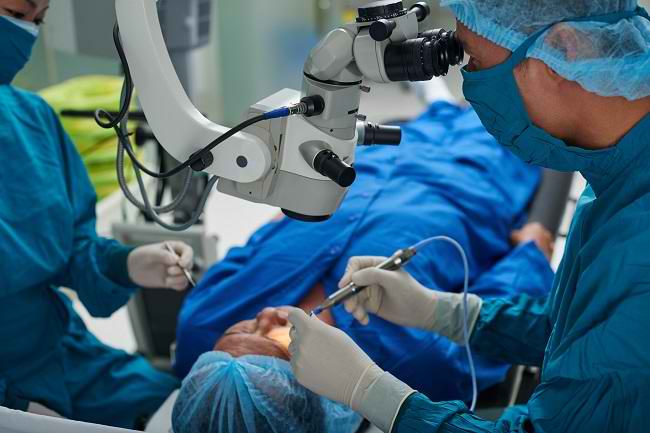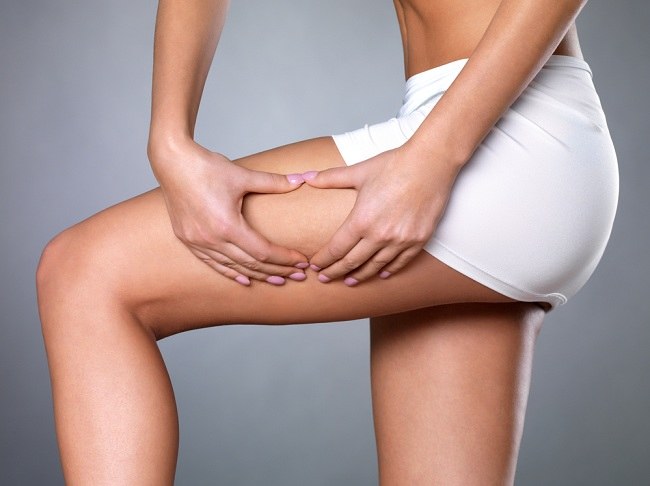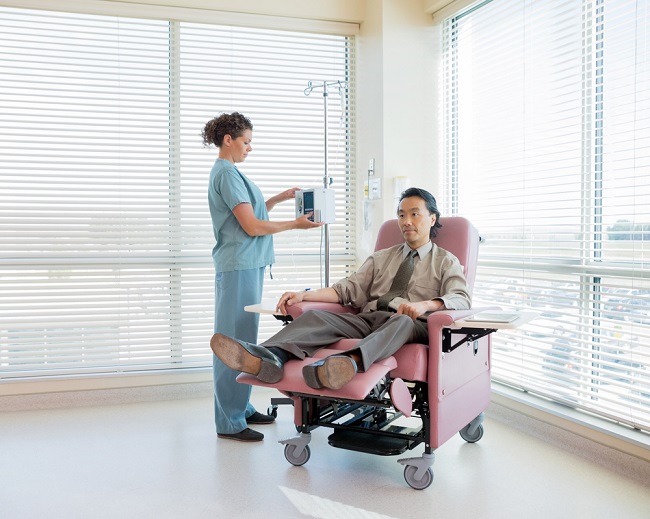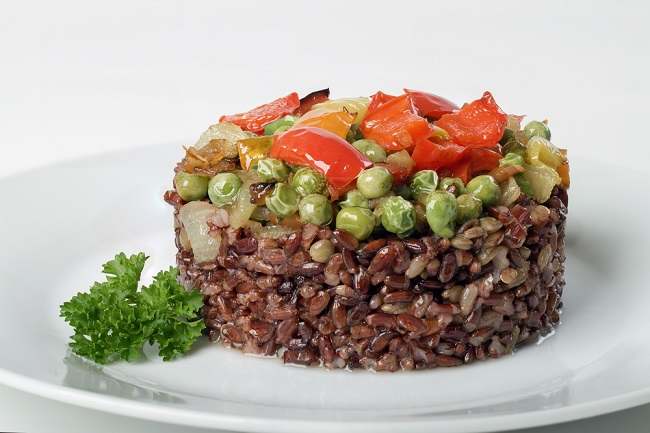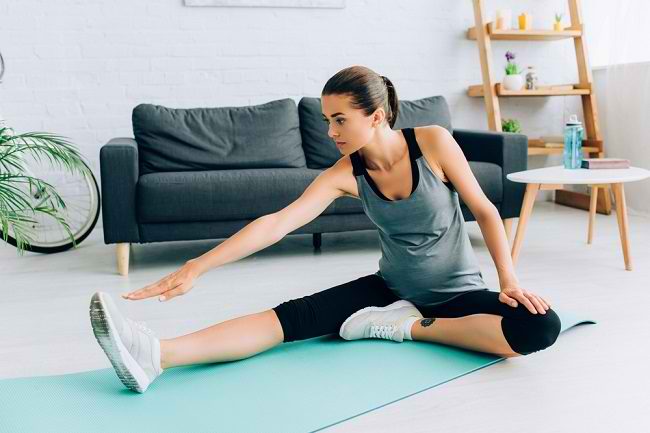Kmotor skillsis ability in using their muscles to perform various activities. There are two motor skills, namely gross and fine motor skills.
The newborn's little brain is not yet fully able to control body movements so that its motor skills are not yet clearly visible. As you get older, your little one's motor skills develop.

Difference abetween Fine Motor and motor Rough
The difference between fine and gross motor skills lies in the form of body movement. Fine motor skills are associated with small movements that can be carried out by your child, for example, the child's ability to use his fingers, pick up things using only his fingers, move his own fingers, move his lips, chew, and other small-scale movements. Meanwhile, gross motor is the ability to perform larger movements, such as crawling, walking, and jumping.
Newborn baby's motor development usually starts from the head and then goes down. Starting from gradually being able to lift the head, then moving the face along with the movements of the body parts on the face, such as lips, tongue, and eyes, then other body parts follow over time.
How to Stimulate Abilitya Fine Motor
Mothers can stimulate fine motor skills in the Little One by giving a touch or direct contact so that the Little One responds. Invite children to play together. When your little one is older, provide toys in the form of plastic blocks and invite him to pick up, hold, and arrange the blocks. Your little one will practice finger, hand, wrist movements, and hone mental abilities. You can also teach him to put on and take off clothes, and insert buttons into the holes.
How to Stimulate Gross Motor Ability
Stimulating gross motor skills in your little one can be done according to age. There are differences in how to stimulate fine motor skills between young children and those who are more mature, according to their age and level of ability.
Stimulation given to Little Ones aged 0-6 months must be careful and safe because the Little One is experiencing early physical development. Try doing the following.
- Stimulation for your little one to lift his head and move his body as often as possible. Invite your little one to play so that it triggers him to use his neck, chest, arms, and legs for activities. For example, when on his stomach, sound the toy above his head so that your little one tries to lift his head to find the source of the sound.
- Make your little one kick and hit the toy to strengthen his arms and legs. Place the toy a little out of reach and make your little one actively move trying to pick up the toy.
- Give toys that are equipped with sounds so that your little one is actively looking for the source of the sound and moving towards the sound.
Furthermore, for children aged 6-10 months, they can already be stimulated with activities that require more direct responses, such as the following.
- Play fast in crawling so that your little one is actively moving.
- Make a tunnel toy out of big blocks and let your little one crawl under it.
For your little one 10-15 months old, when your little one is able to show physical progress that is getting more and more mature, the following things are suitable to do to stimulate him/herself.
- Give toys to your little one, such as a ball or something that can be thrown or put in a basket.
- Give the ball, teach the practice of throwing, catching and kicking the ball.
- Don't put your little one in too often strollers. It's better to provide toys that your little one can push while maintaining his balance. Or let him creep or run a little when his balance has developed enough.
Camp DevelopmentMotor skills can be inhibited
Motor development from one child to another will be different. There are little ones who can walk at the age of nine months, but there are also some others who can only walk at the age of nine months. However, it is still within normal limits.
Although the development varies, there are still standards on these abilities, for example:
- At the age of 5 months, his motor skills have increased so that he can smile, reach and hold objects, and roll around in bed.
- At 8 months, your little one can sit up without the help of others.
- At the age of 9 months, your little one can pick up small objects using his fingers.
- At the age of 10 months, your little one can get up to stand up from a sitting position, without help.
The little one whose motor skills development is delayed can be caused by several reasons, namely:
Attitude The Fundamentals of the Little One
There is a Little One who is being too careful. They think about various things before doing something, such as whether it is safe or not if they do this or if they are already on a bench, how to get down so that they themselves become slower in mastering an ability.
Own Sbrother who Lmore Tua
Having an older sibling is likely to make your little one move in both directions. First, the development becomes faster because of imitating his brother. Second, motor development becomes slower because there are many things that he does not do alone because he is assisted by his older brother.
What if Poppet Experiencing Developmental Delays?
Little ones who are physically bigger tend to experience delays in motor development because their movements are slower. As a result, the development of the Little One with this body size becomes slow.
If your little one or your child is one of those whose motor development is delayed, there's no need to worry. There is still a way to catch up. The trick is:
- Show that you are there when he is trying new things.
- Praise him when he succeeds in doing something new.
- Put his favorite object in a place some distance away to make him move to pick it up.
- Try to make him move to build the muscles of the neck, arms, chest, and back, especially for your little one who is younger.
- Be creative in creating toys, you don't need expensive ones, just make them from used cardboard or other safe objects.
- Don't forget to clean objects or toys before you allow your little one to hold them. Use wet wipes to clean it.
Parents need to remember that children can have different growth and development processes. There is a faster and a tone that is longer than average. You can always help and guide him in every move, but in most cases, patience is the key. However, if you suspect your little one has a delay in motor development, then discuss it with a doctor so that it can be detected early.
Your little one's growth and development is not just about monitoring their height and weight. Motor development also needs to be considered. Therefore, mothers need to understand the development of fine and gross motor skills to support the growth of the baby.

